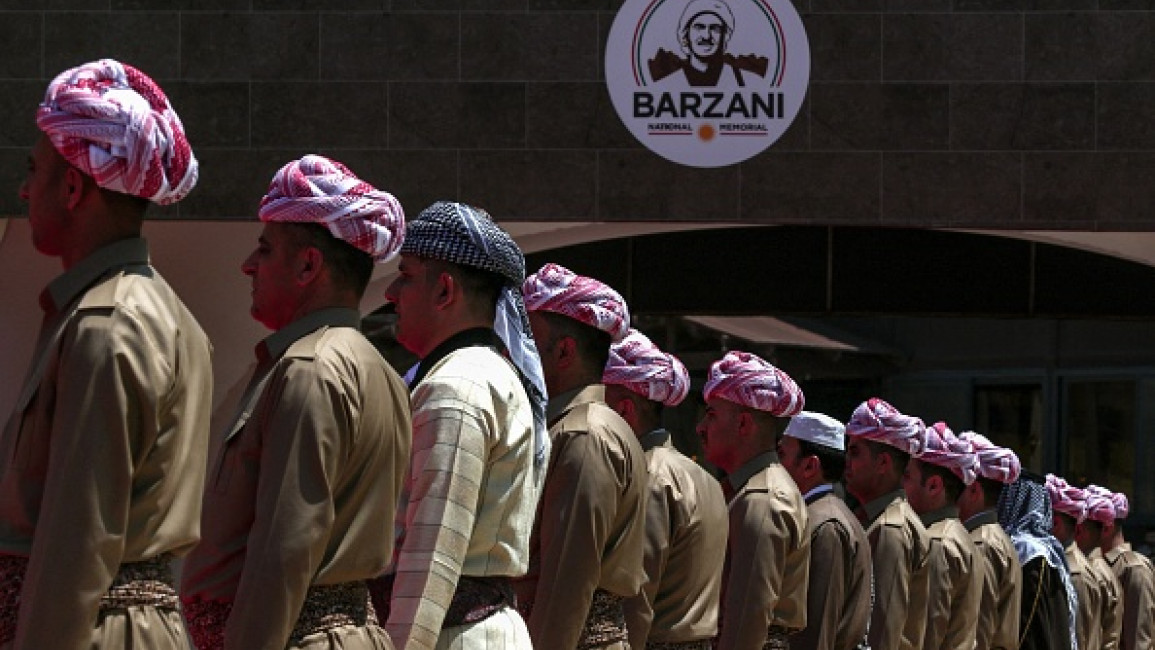Iran summons Iraq envoy over Kurdish opposition groups
Iran has summoned Iraq's ambassador to protest over the presence of Iranian opposition groups at an official ceremony in Iraq's autonomous Kurdish region, media reported Sunday.
Quoting the foreign ministry, ISNA news agency said that during Saturday's meeting Tehran expressed its "strong objection" to the invitation of members of "separatist groups" at the ceremony "contrary to the recent security agreement between the Islamic republic and Iraq".
Iran uses the words "separatist groups" to describe Kurdish factions opposed to the Iranian government, and considers them to be "terrorist" organisations.
Iraq's autonomous Kurdistan region hosts camps and rear-bases operated by several Iranian Kurdish factions, which Iran has accused of serving Western or Israeli interests in the past.
In March Iran and Iraq signed a deal to protect their common border, and the following month Iranian President Ebrahim Raisi acknowledged the "security" agreement saying "the security of Iraq and its borders is very important to us".
On Thursday a ceremony was held in the Kurdistan region to inaugurate a cultural centre in tribute to the late Kurdish national hero Mustafa Barzani.
يجسد صرح بارزاني الوطني التذكاري النضال المتواصل ومسيرة حياة مصطفى بارزاني الخالد من أجل حرية شعب كوردستان. حيث ناضل ضد الظلم والاستبداد للانظمة القمعية من اجل شعب كوردستان والعراق. pic.twitter.com/E1jIVILMCB
— Massoud Hayder / مسعود حيدر (@Massoud_Hayder) May 13, 2023
The event was attended by Iraqi President Abdel Latif Rashid and Prime Minister Mohammed Shia al-Sudani, as well as representatives of Iranian opposition groups.
"Following the invitation of members of separatist groups to an official ceremony in the Kurdistan Region of Iraq and the continuation of some terrorist groups' movements in this region, the Iraqi ambassador in Tehran was summoned to the ministry of foreign affairs on Saturday," ISNA said.
In November, Iran launched cross-border missile and drone strikes against several of the groups in northern Iraq, accusing them of stoking nationwide protests triggered by the death in custody last September of Iranian Kurdish woman Mahsa Amini.



